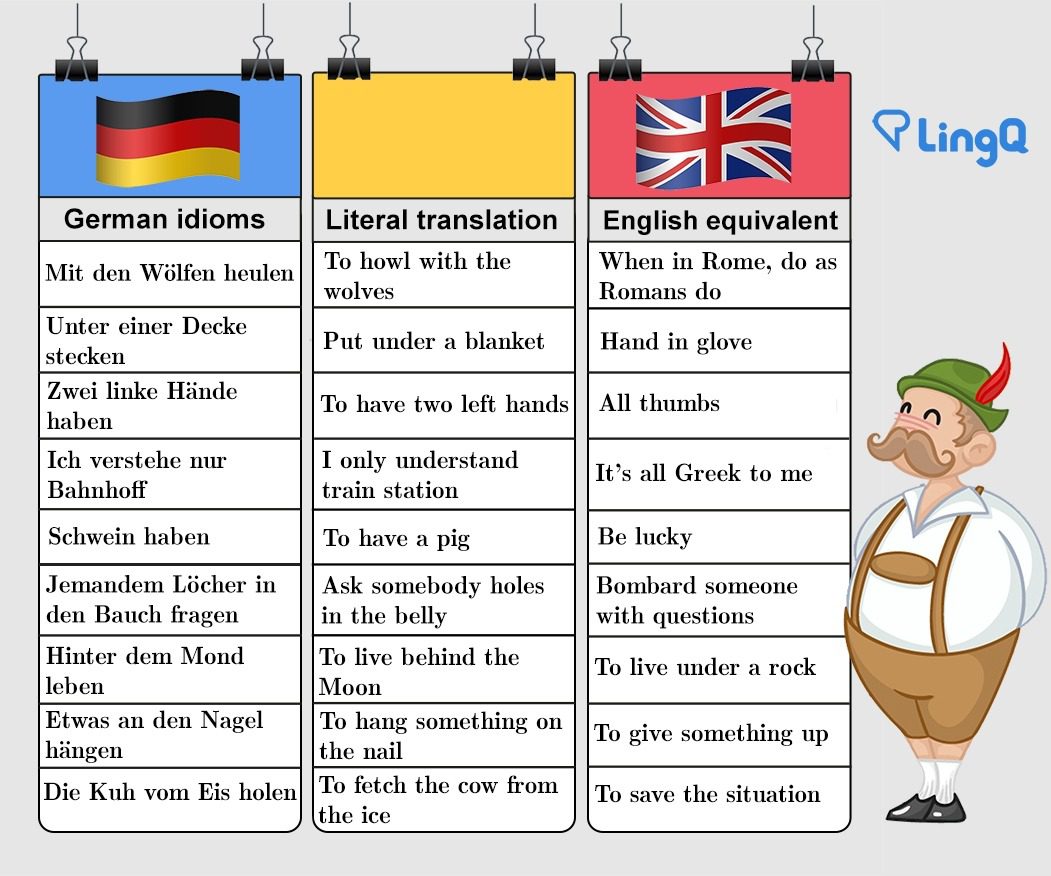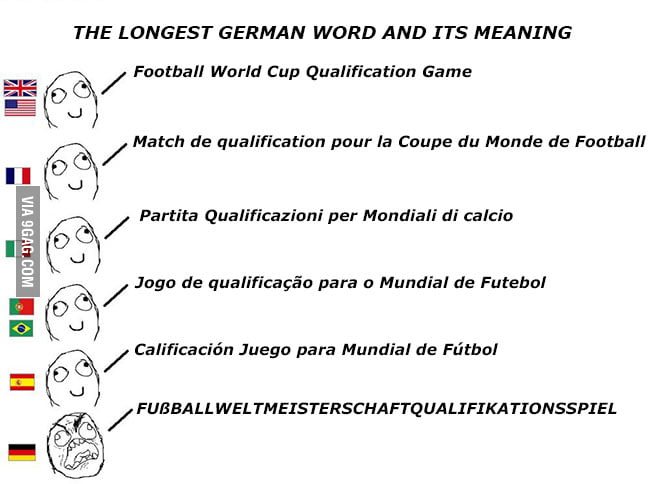

Things could be brought into being that had no name in English.” “Sticklebrick words” is how the writer Anna Funder described this concept in her book Stalisand: Stories from Behind the Berlin Wall where she says “I liked the sticklebrick nature of it, building long supple words by putting short ones together. It’s like Lego (the European version of lincoln blocks), and short words are their building blocks. In fact, these words are so unuseful, you won’t even be able to use them to win scrabble, as the board can only take 15 letters!īut no matter how intimidating these words might seem to non-German speakers, you have to admire how simplistic they really are in nature.

It’s more fun than actual useful German and the German language is simply the perfect medium to create these tongue twisters (or Zungenbrecher i.e. At this point, the idea of long German words has become more of a game. These extremely long words are very rarely ever used in real life, if at all. So with that in mind, can there even be such a thing as the longest German word? Well, no, because there will always be another complex phrase that Germans will try to condense into a single monstrously long word. As Mark Twain famously said: “Some German words are so long that they have a perspective.” German do this too, except they take it to a whole other level.

A boathouse is a house for boats, you get the idea. Most languages, including English, mash up words together to create new ones.

It means “beef labeling regulation and delegation of supervision law.” As you can see, the German word kind of unfolded into a number of English words that form a phrase, instead of a single English word. The previous strand of letters, that you skipped without even attempting to read, might seem like me simply bashing away at my keyboard, but in fact, this is a German word. Das Rindfleischetikettierungsüberwachungsaufgabenübertragungsgesetz.


 0 kommentar(er)
0 kommentar(er)
